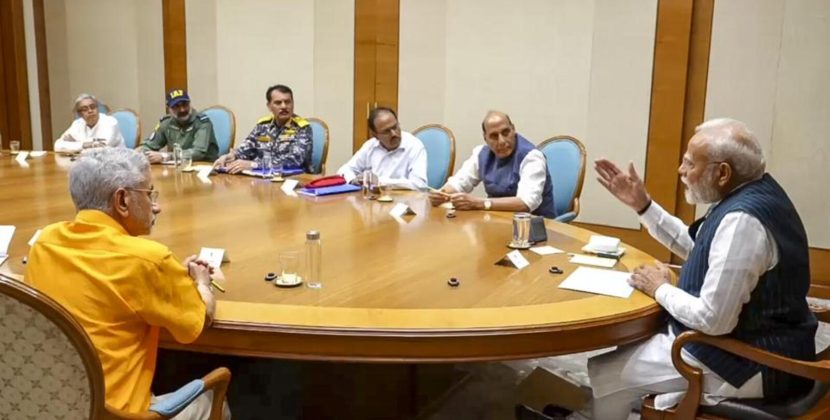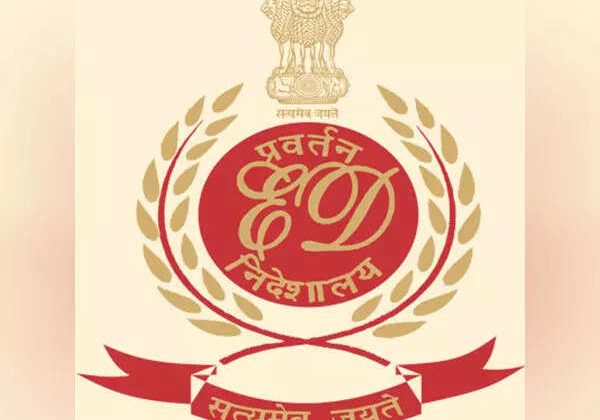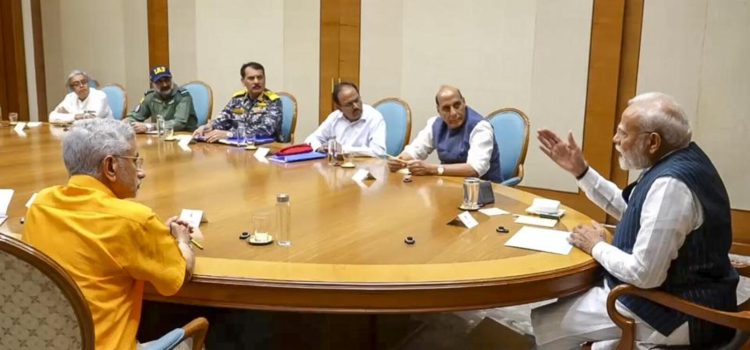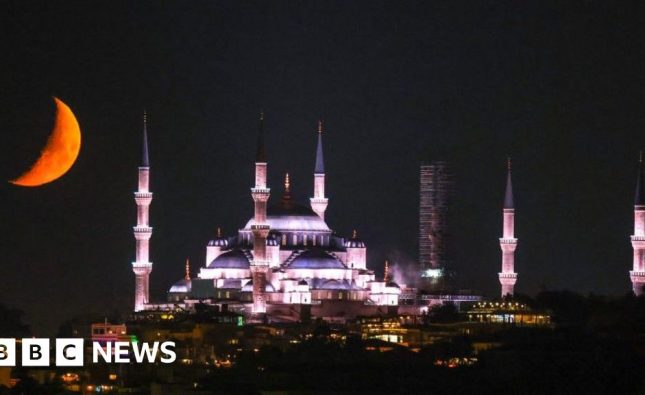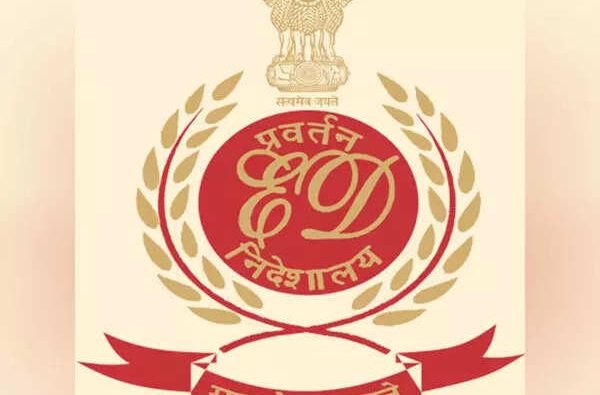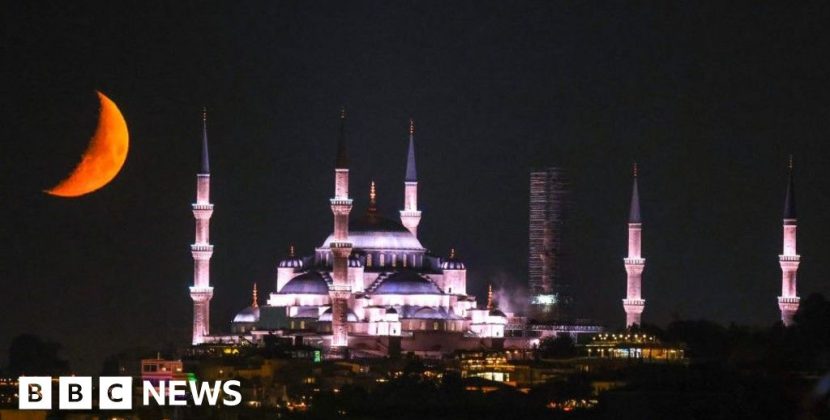
The government plans to send teams of political leaders, former diplomats and experts to countries in key regions of the world to articulate India’s point of view on the Pahalgam terror attack late last month and the subsequent clashes with Pakistan, people familiar with the matter said.
{{^userSubscribed}}
{{/usCountry}}
{{#usCountry}}
{{/usCountry}}
{{/userSubscribed}}
{{^userSubscribed}}
{{/usCountry}}
{{#usCountry}}
{{/usCountry}}
{{/userSubscribed}}
The government began sounding out political leaders and parliamentarians from across the political spectrum, former diplomats, especially those who have handled relations with Pakistan, and representatives of think tanks and other bodies on the planned diplomatic outreach over the past few days, the people said on condition of anonymity.
{{^usCountry}}
{{/usCountry}}
{{^usCountry}}
{{/usCountry}}
The government is understood to have plans to form up to eight separate groups that will fan out to different regions of the world such as Europe, North America and West Asia and visit key capitals, especially India’s strategic partners. The outreach will also include countries of the Global South, the people said.
The groups will engage with lawmakers, officials and think tanks to convey India’s position on “cross-border linkages” to the Pahalgam terror attack of April 22 that killed 26 civilians, India’s military strikes targeting terrorist infrastructure in territories controlled by Pakistan and the subsequent escalation of tensions, the people said.
{{^userSubscribed}}
{{/usCountry}}
{{#usCountry}}
{{/usCountry}}
{{/userSubscribed}}
{{^userSubscribed}}
{{/usCountry}}
{{#usCountry}}
{{/usCountry}}
{{/userSubscribed}}
There was no official word on the development from Indian officials.
India’s strikes on the terrorists infrastructure triggered four days of intense armed confrontation, with both sides using drones, missiles and long-range weapons, raising concerns about an all-out war. The two sides reached an understanding on halting military actions on May 10.
Greater clarity about the visits is expected within a short while and the groups are expected to begin travelling to different countries as early as next week, one of the people said. In the case of parliamentarians, the government has reached out to those that take a keen interest in foreign policy issues or are members of the parliamentary standing committee on external affairs, they said.
“This is a good move because India has to forcefully articulate its point of view to the world community. After all, Operation Sindoor and the events thereafter marked the most significant escalation in tensions with Pakistan since the 1971 war and India’s position has to be sent across to the world community,” said an opposition member of Lok Sabha who was sounded out about joining the outreach.
{{^userSubscribed}}
{{/usCountry}}
{{#usCountry}}
{{/usCountry}}
{{/userSubscribed}}
{{^userSubscribed}}
{{/usCountry}}
{{#usCountry}}
{{/usCountry}}
{{/userSubscribed}}
“The efforts will also be aimed at explaining why the focus must remain squarely on terrorism and India’s ‘zero tolerance’ policy for terrorism,” another opposition lawmaker, also sounded out on the matter, said.
Among the parliamentarians who are expected to be roped in for the outreach are Congress leader Shashi Tharoor, the current chair of the parliamentary standing committee on external affairs, former Jammu and Kashmir chief minister Ghulam Nabi Azad and All India Majlis-e-Ittehadul Muslimeen chief Asaduddin Owaisi. Azad is being considered as he is a prominent face from Kashmir who can speak on issues related to the region and cross-border terrorism, the people said.
The people said the government has also reached out to leaders of the Congress, Janata Dal (United), Telugu Desam Party (TDP), Biju Janata Dal (BJD), Nationalist Congress Party (NCP) and NCP-Pawar.
{{^userSubscribed}}
{{/usCountry}}
{{#usCountry}}
{{/usCountry}}
{{/userSubscribed}}
{{^userSubscribed}}
{{/usCountry}}
{{#usCountry}}
{{/usCountry}}
{{/userSubscribed}}
Such an outreach is being mounted by the government after a long gap. Immediately after India’s nuclear tests in May 1998, the government had sent experts and political leaders to key North American and European capitals to explain the rationale for the blasts. Though groups of parliamentarians have visited countries in recent years, none of those visits was organised in connection with a particular issue, the people said.

